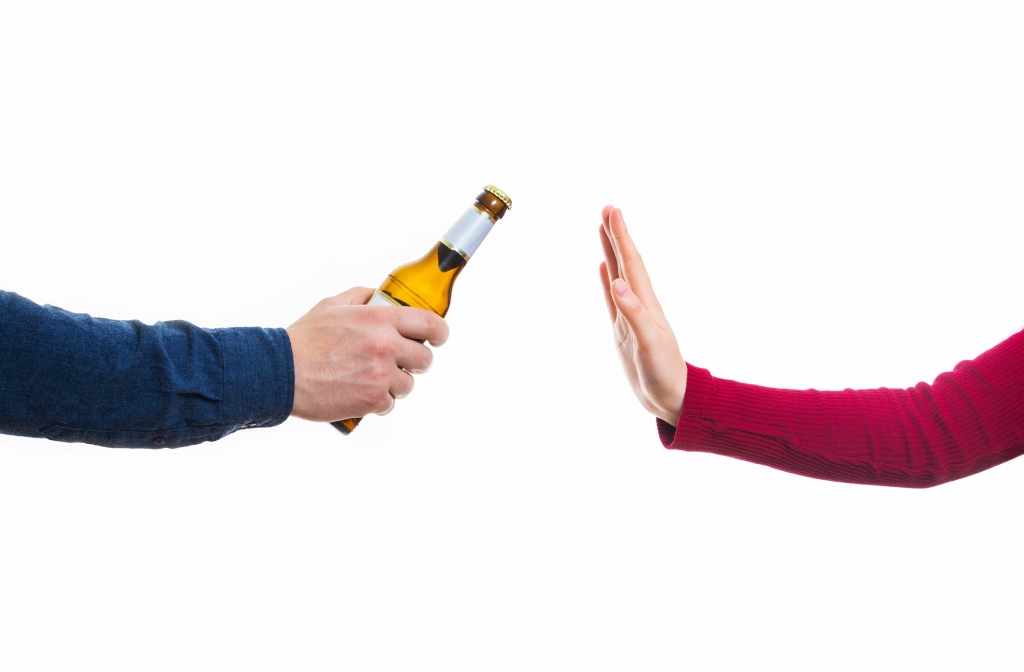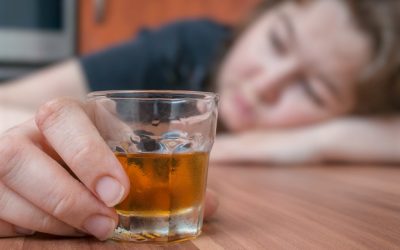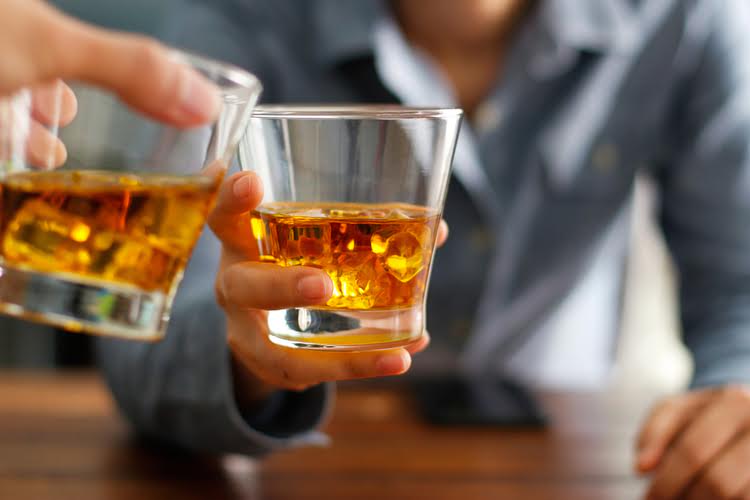Alcoholic nose is a slang term used to describe the red, swollen nose that is thought by some to accompany chronic alcohol use. While this stereotype does have some element of truth to it, there is some debate on how much alcohol actually affects the appearance of your nose. https://kultyres.ru/uchebnie_materiali/%d1%81%d1%82%d1%83%d0%b4%d0%b5%d0%bd%d1%87%d0%b5%d1%81%d0%ba%d0%b8%d0%b5-%d1%80%d0%b0%d0%b1%d0%be%d1%82%d1%8b/referat-molodejnye-sybkyltyry-goty.html If you think your drinking habits are causing your alcoholic nose flare-ups, know that the best way to stop them is to quit drinking. For some individuals with alcohol addiction, it can be more effective to enroll in a treatment program outside of their local community.
Medications
You can only use rhinophyma as a starting place for someone you know well. By looking at it from this perspective, someone with agitated rosacea or rhinophyma will have a visible agitation of their skin. Thus, somebody who is an alcoholic and rhinophyma may have a redder and more bulbous nose than their red, and bulbous nose usually is. Because alcoholic nose and alcoholism are not officially connected, it is hard to say that alcoholic nose points to an addiction.
- Alcohol affects your face and skin in general by enlarging both pores and blood vessels.
- While the previous belief was that rhinophyma was the result of alcohol consumption, there is no factual link between alcohol and rhinophyma.
- Still, many doctors may recommend a multi-solution approach that combines options such as carbon dioxide lasers with dermabrasion to better remove damaged tissue.
- But for people who do, having chronic infections is common, since fluids in the skin ultimately trap bacteria.
- Unfortunately, doctors are not yet clear on the direct cause of rhinophyma.
Signs and symptoms
Due to the higher prevalence in males, scientists suspect that male hormones increase the risk. Keep reading to learn more about the causes, http://severstalvolley.ru/katalog/plavki-dlya-vaterpolo/turbo-vaterpolnye-plavki-rockability-tattoo-79658-0099-63171.html symptoms, diagnosis, and treatment of rhinophyma. Of course, due to the nature of addiction, this is often easier said than done.

Let’s talk about your recovery
Although alcohol use does not cause rhinophyma or rosacea, it can aggravate the condition. As many as two out of three patients with rosacea experience flare-ups when they consume alcohol. Alcohol aggravates symptoms of rosacea because drinking enlarges the body’s blood vessels. For those already suffering from redness due to rosacea, alcohol can worsen this symptom. Alcohol addiction and alcohol abuse do not directly cause rhinophyma. Yet chronic alcohol abuse can worsen the condition (rosacea), which leads to drinker’s nose when left untreated.
- It can be if people have other conditions, such as rosacea or rhinophyma.
- According to older research, cited in a 2023 article, rhinophyma begins as “pre-rosacea,” and the only symptom at this stage is facial flushing.
- In the early stages, treatments involves medications, but in the advanced stages, it involves surgery.
- However, we know that alcohol may exacerbate existing medical conditions like diabetes or heart disease.
- The prognosis of rhinophyma is variable, and patients should be aware of the pathophysiology of the condition and its link to the underlying rosacea.
- Contact Zinnia Health today to learn more about our alcohol addiction treatment programs.
Drinker’s Nose: Is “Alcoholic Nose” Really From Drinking?
The association between alcohol abuse and rosacea can be traumatizing for some people with rosacea. Current research indicates that people with rhinophyma often have a genetic predisposition to or family history of rosacea, https://www.errefom.info/2020/04/26/page/3/ especially if treatments for their rosacea prove ineffective. For more advanced forms of rhinophyma, the most effective way to manage thickened skin is almost exclusively through physically removing excess tissue.

Why Do Alcoholics Get Red Noses?
- Binge drinking, excessive drinking, and using alcohol to cope with daily stress are all forms of abuse.
- An alcoholic nose is not a true diagnosis of alcoholism or even a sign of it in many cases.
- Rosacea is a chronic skin condition and disorder that causes the skin to appear different in texture, pigment, and size than normal skin.
- The issue is that rhinophyma has absolutely nothing to do with alcoholism.
- Treatment options for alcoholic nose generally include medication and surgery.
- Basal cell carcinoma is a slow-growing type of skin cancer that is not typically fatal.
- The most common type of skin cancer in these cases is basal cell carcinoma.
Is A Big Nose A Sign Of Alcoholism?







